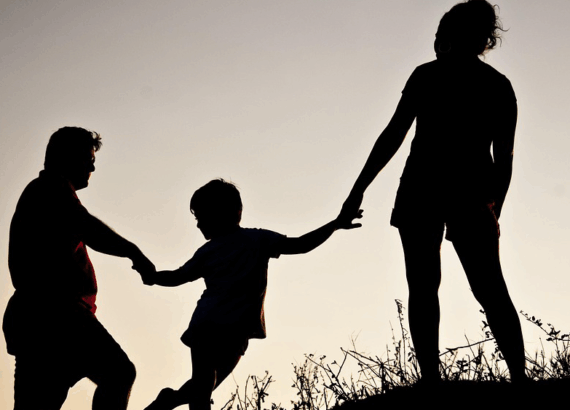In the Wake of the Storm: How to Heal from Traumatic Natural Disasters

In the aftermath of a devastating natural disaster, you may find yourself grappling with profound loss and trauma. Natural disasters strike with little warning, leaving a trail of destruction in their wake. Whether it’s a hurricane’s fury, an earthquake’s tremors, or a wildfire’s inferno, these catastrophic events can shatter our sense of safety and normalcy. While the physical damage is often visible, the emotional scars left behind can be just as devastating yet far less apparent.
It’s common to experience a whirlwind of emotions. You may feel overwhelmed, anxious, or even numb. These reactions are normal responses to abnormal circumstances. Your mind and body are processing the shock and trying to make sense of what has happened. It’s crucial to be aware of the emotional impact disasters can have. You might notice changes in your sleep patterns, appetite, or concentration. Flashbacks, nightmares, or a constant state of alertness are also common. Remember, these are natural coping mechanisms as your psyche grapples with the trauma.
Healing from a disaster is a journey, not a destination. First, it’s important to acknowledge your feelings and give yourself time to process the experience. Seeking support from loved ones or professional counselors can be invaluable in navigating the complex emotions that follow a traumatic event. Here are tips to help you heal.
Tips on How to Cope
Remember that resilience and recovery are the norm, not prolonged distress. While stress is common initially, most people recover within months. Here are some strategies to help you navigate this challenging time:
Give Yourself Time to Adjust
Recognize that you’re going through a difficult period. Allow yourself to grieve your losses and be patient with fluctuations in your emotional state. Recovery is a process, not an event.
Seek Support
Social support is vital for disaster recovery. Reach out to family and friends who can listen and empathize. Connect with fellow survivors who understand your experience. Support groups offer a safe space for survivors to share experiences and emotions, helping you realize you’re not alone in your struggles. These groups can be particularly beneficial if your personal support network is limited. Don’t hesitate to seek support from those not directly involved, as they may offer valuable perspective and assistance.
Focus on Self-Care
Prioritize your physical and mental well-being. Maintain a healthy diet, exercise regularly, and get adequate sleep. Engage in activities that bring you comfort and joy. Taking care of your physical health is equally important. Maintain a balanced diet and prioritize rest. If sleep difficulties persist, consider exploring relaxation techniques. It’s essential to avoid using alcohol or drugs as coping mechanisms, as they can hinder your progress and delay recovery.
Establish Clear Routines
Routines provide structure and predictability, particularly helpful when life feels chaotic and uncertain. A daily routine might include specific times for waking up, eating meals, exercising, working or studying, and relaxing. It’s essential to be flexible and adjust the routine as needed, but having a general framework can help ground you and provide a sense of normalcy.
Create Positive Habits
Reestablishing routines can provide a sense of stability during turbulent times. Set regular meal times, maintain a consistent sleep schedule, and incorporate exercise into your daily life. Additionally, introduce positive activities to look forward to, such as pursuing a hobby, taking walks in pleasant surroundings, or immersing yourself in a good book. These small steps can significantly improve your emotional well-being and help you move forward after a traumatic natural disaster.
Disasters can profoundly impact individuals, leading to a range of emotional and psychological responses. While it’s normal to experience distress, it’s important to recognize when these feelings become overwhelming and seek professional help. By understanding common reactions, practicing self-care, and seeking support from others, individuals can effectively cope with the aftermath of a disaster and work towards healing and recovery. Book a consultation today so we can walk this road with you.




